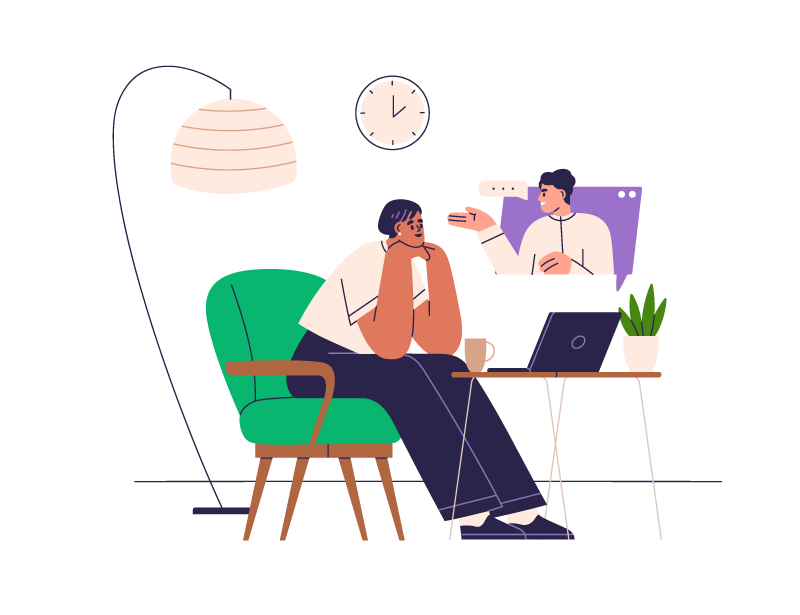While there are many programs and studies that speak to the power of mentorship on patients struggling with depression and anxiety, there has been less research focus on the power of mentorship for those affected by eating disorders. From the research we do have, there’s a strong indication that mentorship can have many positive effects on eating disorder recovery specifically.
According to The International Journal of Eating Disorders’ 2019 study, peer mentorship was proven to be effective in reducing both cognitive and behavioral eating disorder symptoms. Out of sixty participants with bulimia nervosa, anorexia, or binge-eating disorder (BED), the patients who received mentorship from people with lived experience in recovery had fewer symptoms of body dissatisfaction and anxiety than those who received guidance from social supports who didn’t have any lived experience.
First-hand experiences also reflect these outcomes. Degener says that she wasn’t as able to open up to people who hadn’t experienced eating disorders themselves. “Eating disorders are highly complex and nuanced experiences,” she explains. “It’s very hard to relate to or fully understand how greatly they can impact someone’s life until you’ve had an intimate experience with one.”
Degener was finally able to open up about deeper issues when she connected with peer mentors. “So much of recovery can be tethered up in shame and secrecy, and to have someone who can meet you with true non-judgment and compassion can allow you to talk about the deepest challenges of an eating disorder in a new, supportive way.”
Mentorship is also a great tool to combat the stereotypes about eating disorders that can keep someone from seeking treatment. The myth that eating disorders predominantly affect thin, white, affluent girls can be very alienating. Being able to connect with someone with a shared experience or identity can be incredibly powerful in cultivating hope and faith that recovery is achievable for anyone.
